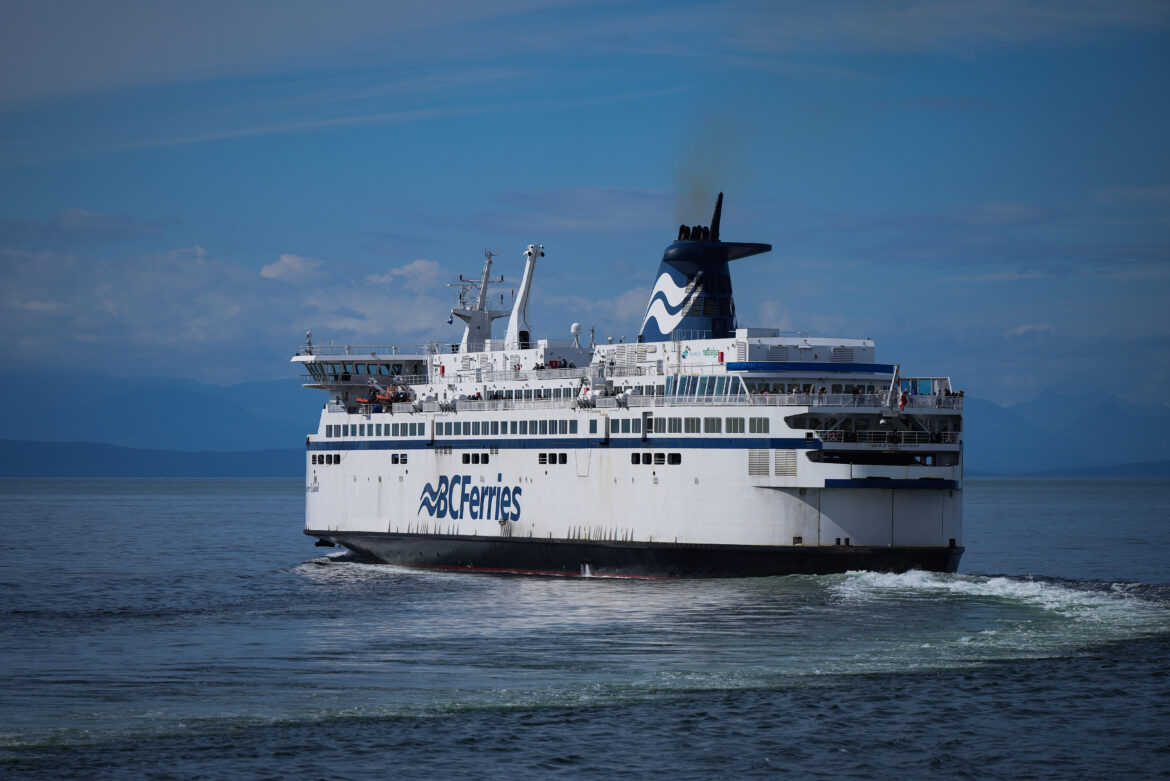239

The BC Ferries vessel Spirit of Vancouver Island leaves Tsawwassen, B.C., bound for Swartz Bay, on Monday, Sept. 9, 2024. THE CANADIAN PRESS/Darryl Dyck




